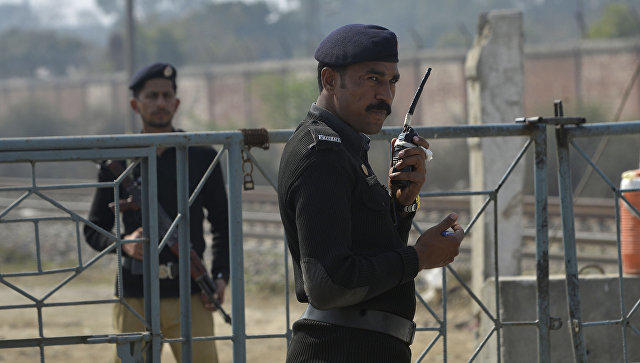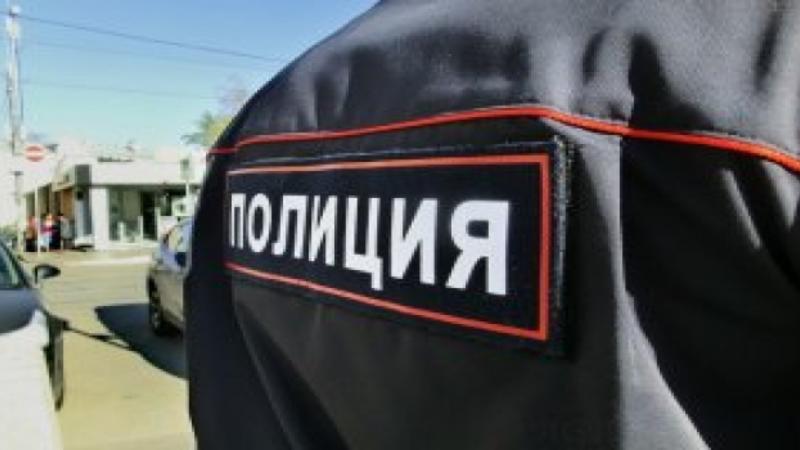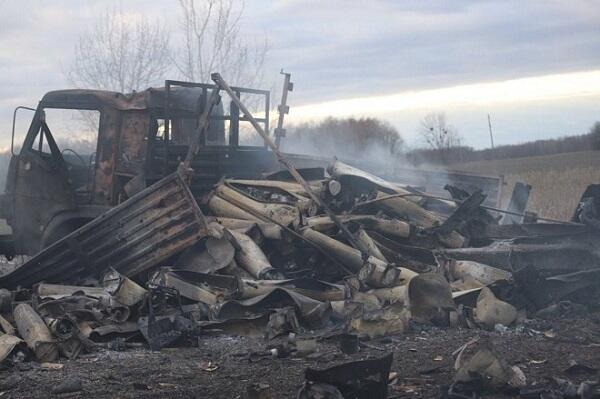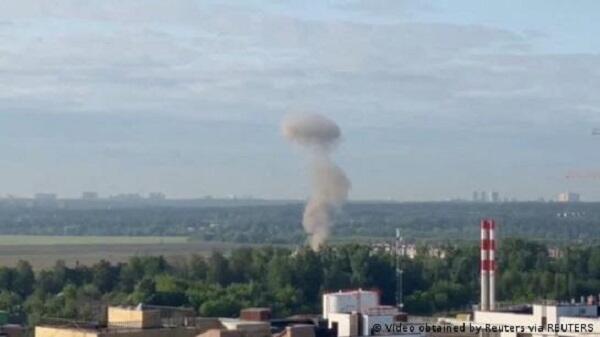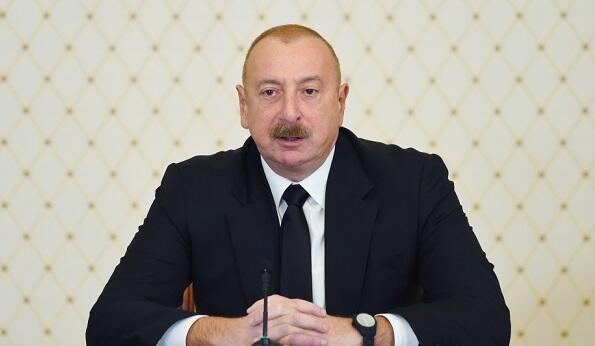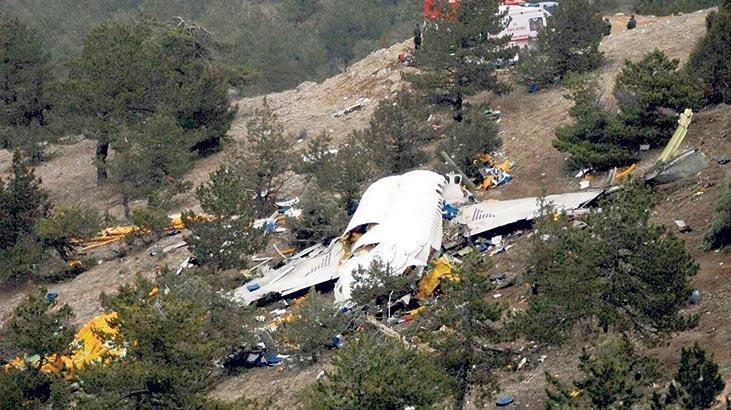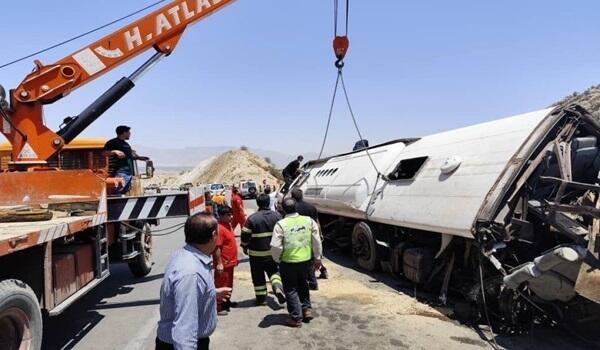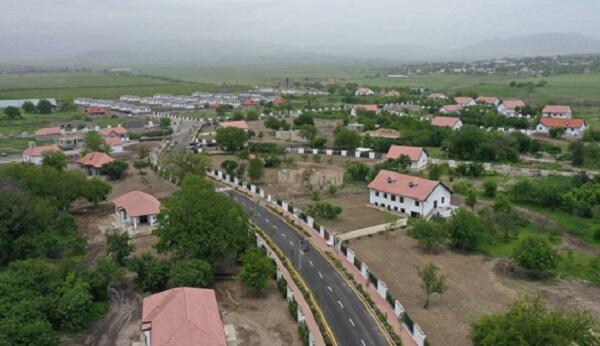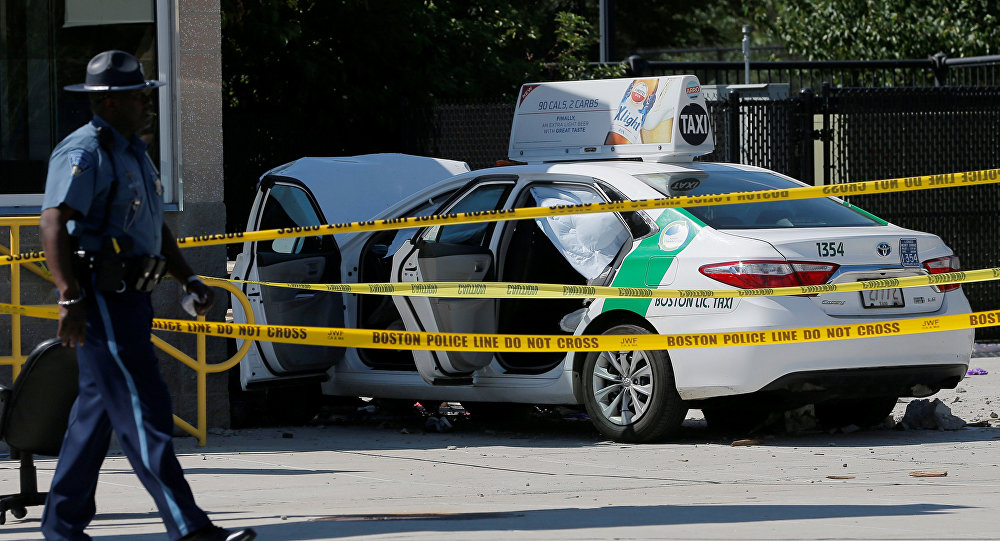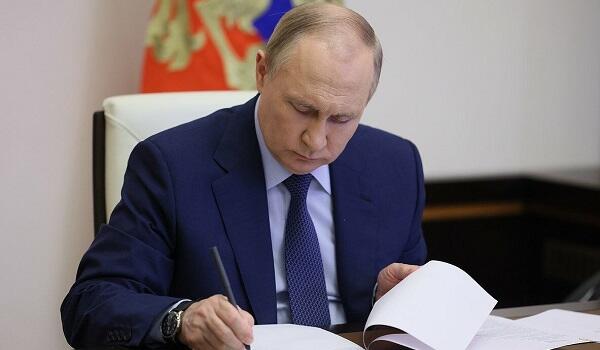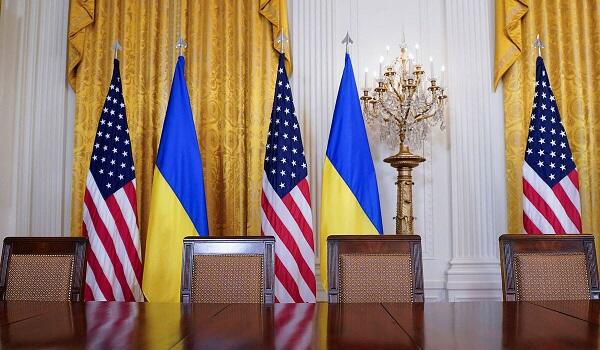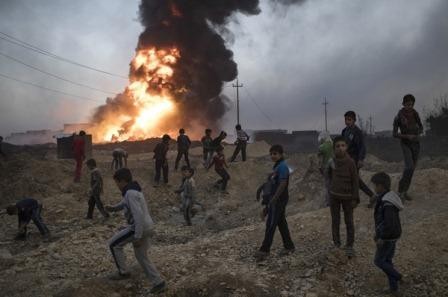Heavy fighting erupted in the eastern neighborhoods of
Mosul on Friday as Iraqi special forces launched an assault deeper
into the urban areas of the city and Islamic State militants fired
back, striking and disabling an Abrams tank with a
rocket.
IS hit the tank with a rocket fired from a nearby building,
sending its crew fleeing from the smoking vehicle, seemingly
unharmed. The fighting has been the most intense urban combat in
Mosul since the Iraqi offensive began over two weeks ago to drive
IS from the city, Iraq's second-largest.
The early morning advance began with artillery and mortar
strikes on the Aden, Tahrir, and Quds districts, just west of
special forces' footholds in the Gogjali and Karama neighborhoods,
Lt. Col. Muhanad al-Timimi told The Associated Press. Both sides
opened up with small arms and mortar fire after an artillery
barrage by the special forces, ahead of their advance.
A bulldozer and another car later emerged from IS-held
territory, presumably packed with explosives and preparing for
suicide attacks.
The Islamic State group is fighting to hold Mosul as Iraqi
forces and allied Kurdish troops squeeze in from all directions
with U.S.-led coalition support, mostly from airstrikes and
reconnaissance.
On Tuesday, Iraqi troops entered the city limits for the first
time in more than two years — soldiers had withdrawn from Mosul in
the face of IS militants' 2014 blitz that seized large swaths of
territory in Iraq and neighboring Syria.
Now the Iraqi forces are gearing up for urban warfare expected
to take weeks, if not months, as they work their way neighborhood
by neighborhood, going through a warren of dense buildings prone to
booby traps and ambushes.
More than 1 million civilians are stuck in the city,
complicating the military's efforts to advance without harming
innocents. IS militants have driven thousands of them deeper into
the city's built-up areas, presumably for use as human shields,
while hundreds of others have fled in the past days toward
government-controlled territory despite the uncertainty of
resettlement in displacement camps.
Mosul is the last major IS stronghold in Iraq, and expelling the
militant group from it would be a major blow to the survival of its
self-declared "caliphate" that stretches into Syria. When IS seized
Mosul and other territory in 2014, the much larger Iraqi military
had been neglected and demoralized by corruption.
Iraqi forces have made uneven progress in closing in on the city
since the operation began on Oct. 17. Advances have been slower to
the south, with government troops still 35 kilometers (20 miles)
away, although they seized a handful of villages late last week.
Kurdish fighters and Iraqi army units are deployed to the north,
while government-sanctioned Shiite militias are sweeping in from
the west to try to cut off any IS escape route.
One of the leading Shiite militias, the Hezbollah Brigades, said
on Wednesday that its fighters have gained control of a highway
linking Mosul to the Syrian city of Raqqa, the de facto capital of
the militants' self-proclaimed caliphate.
The militias' umbrella group, the Popular Mobilization Units,
say they will not enter Mosul and will instead focus on retaking
Tal Afar, a town to the west that had a Shiite majority before it
fell to IS in 2014.
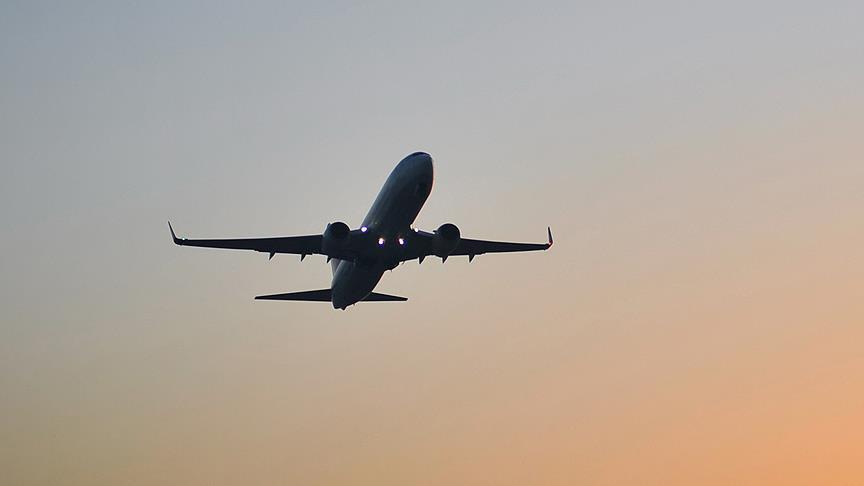

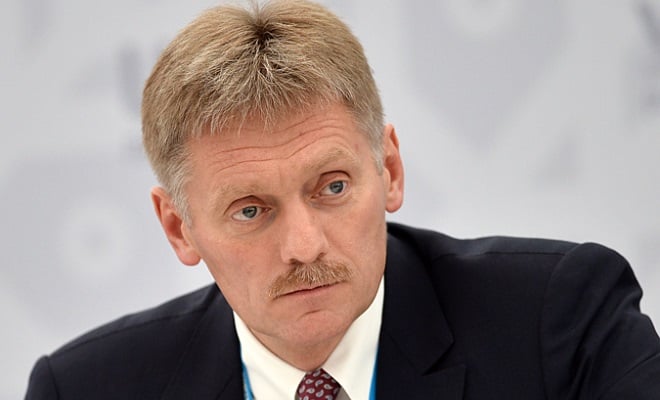

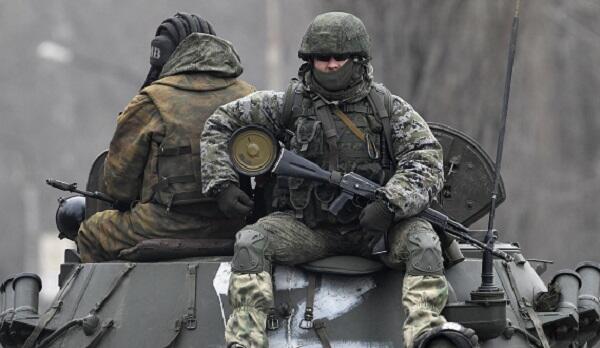
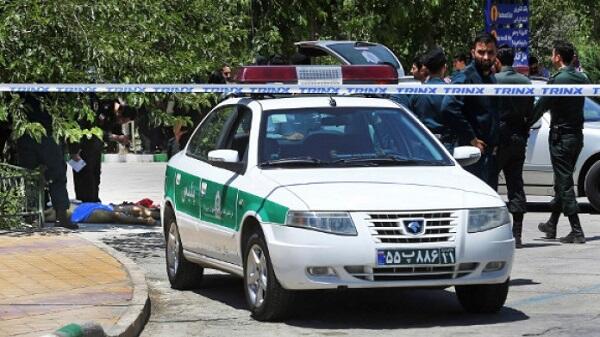
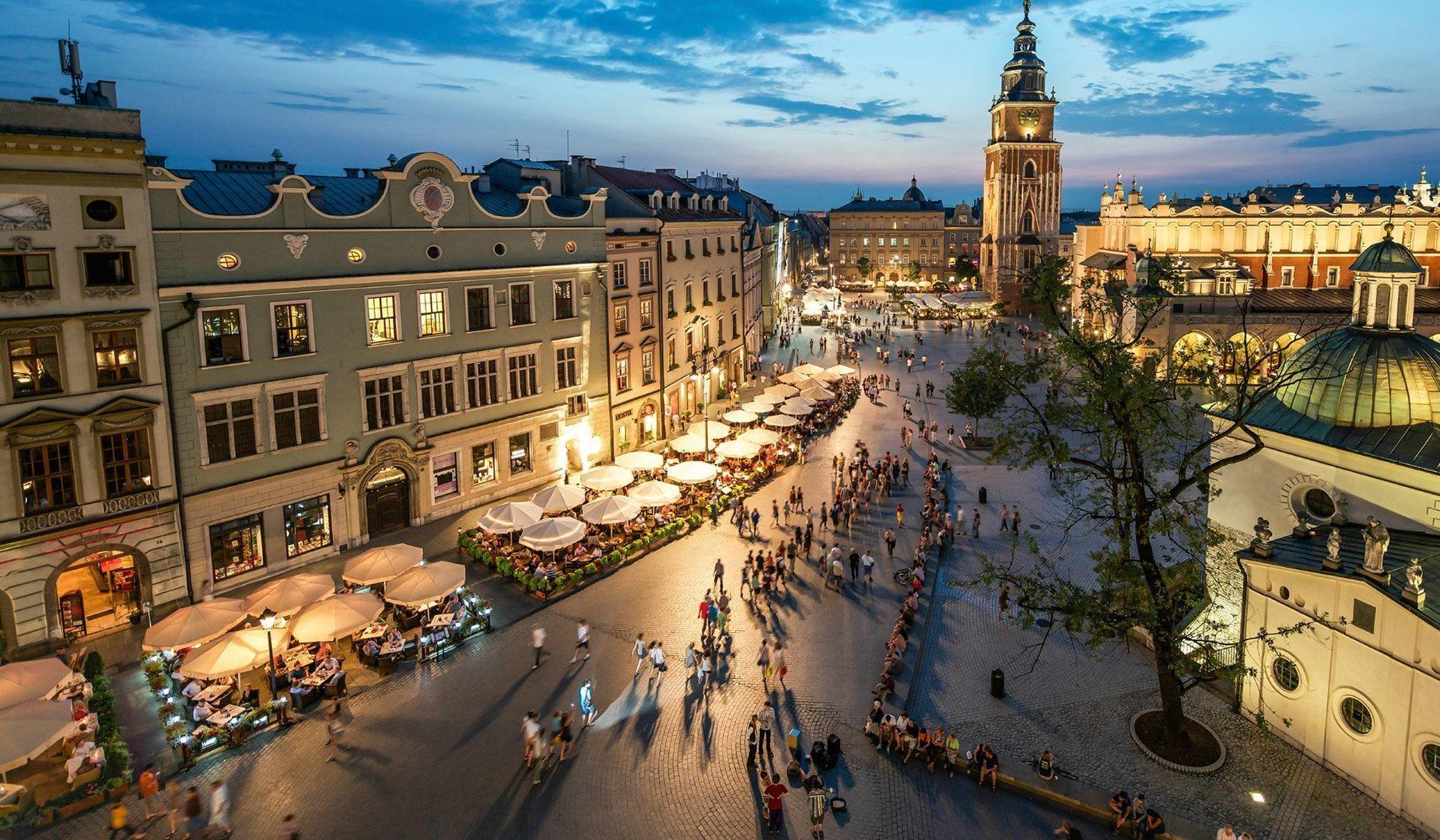
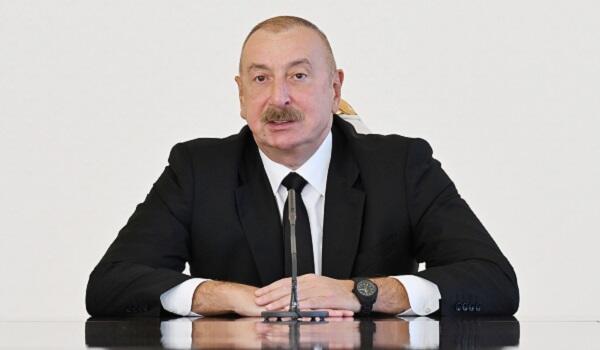
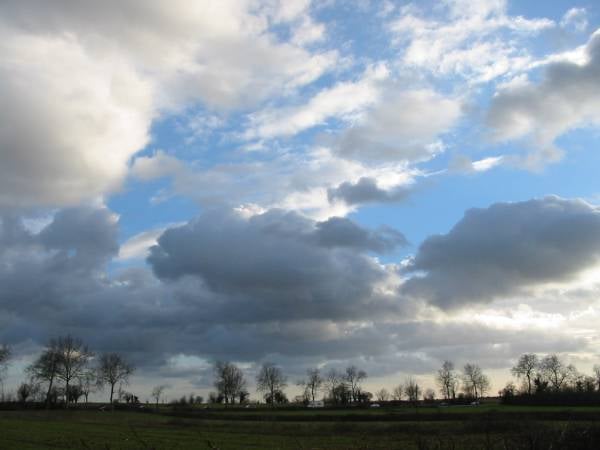
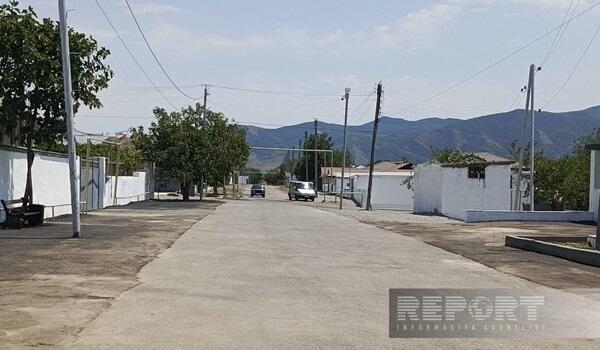
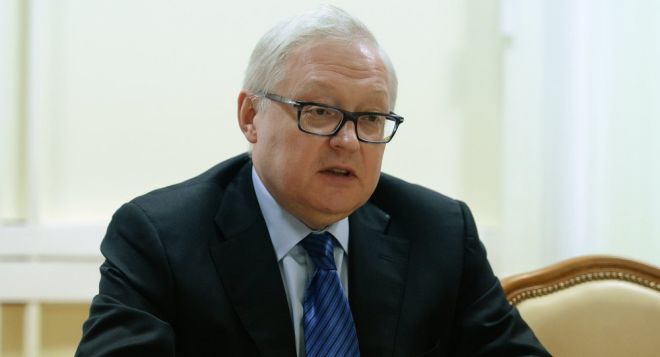
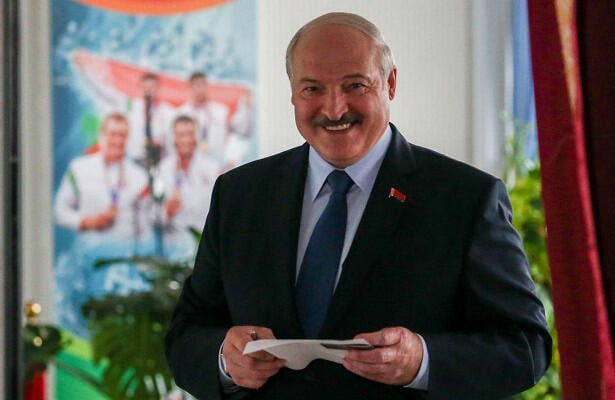
.jpg)
